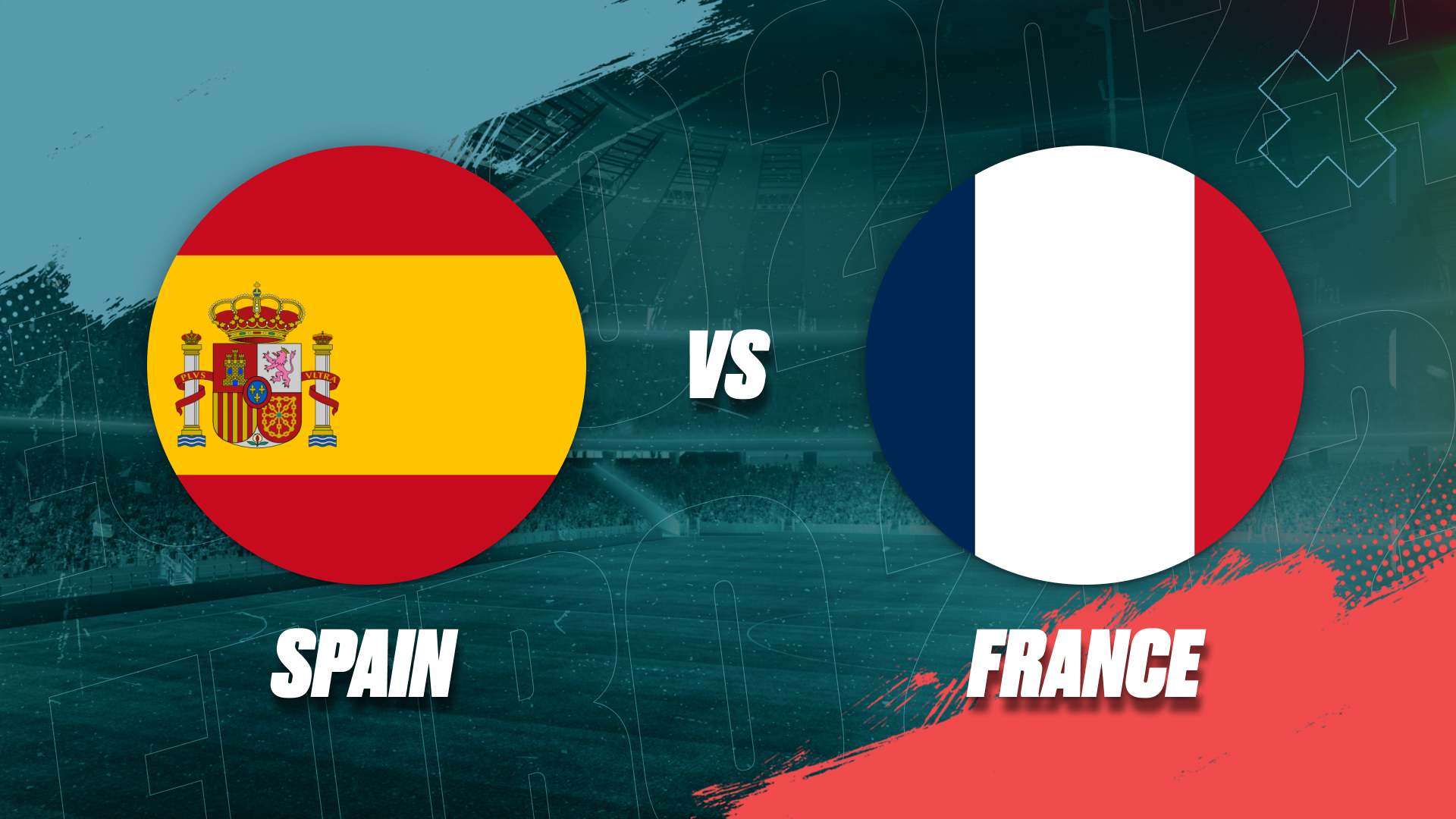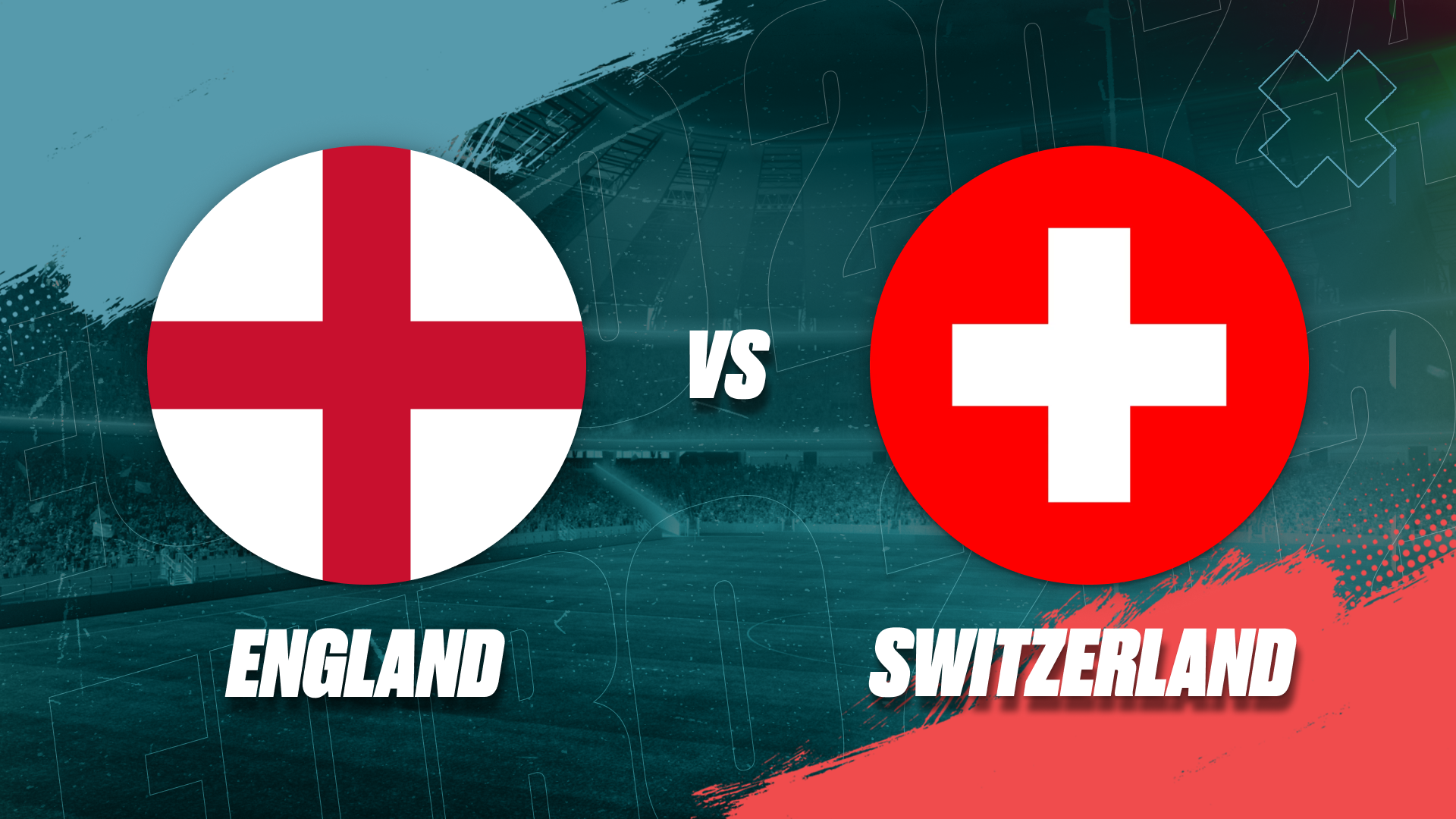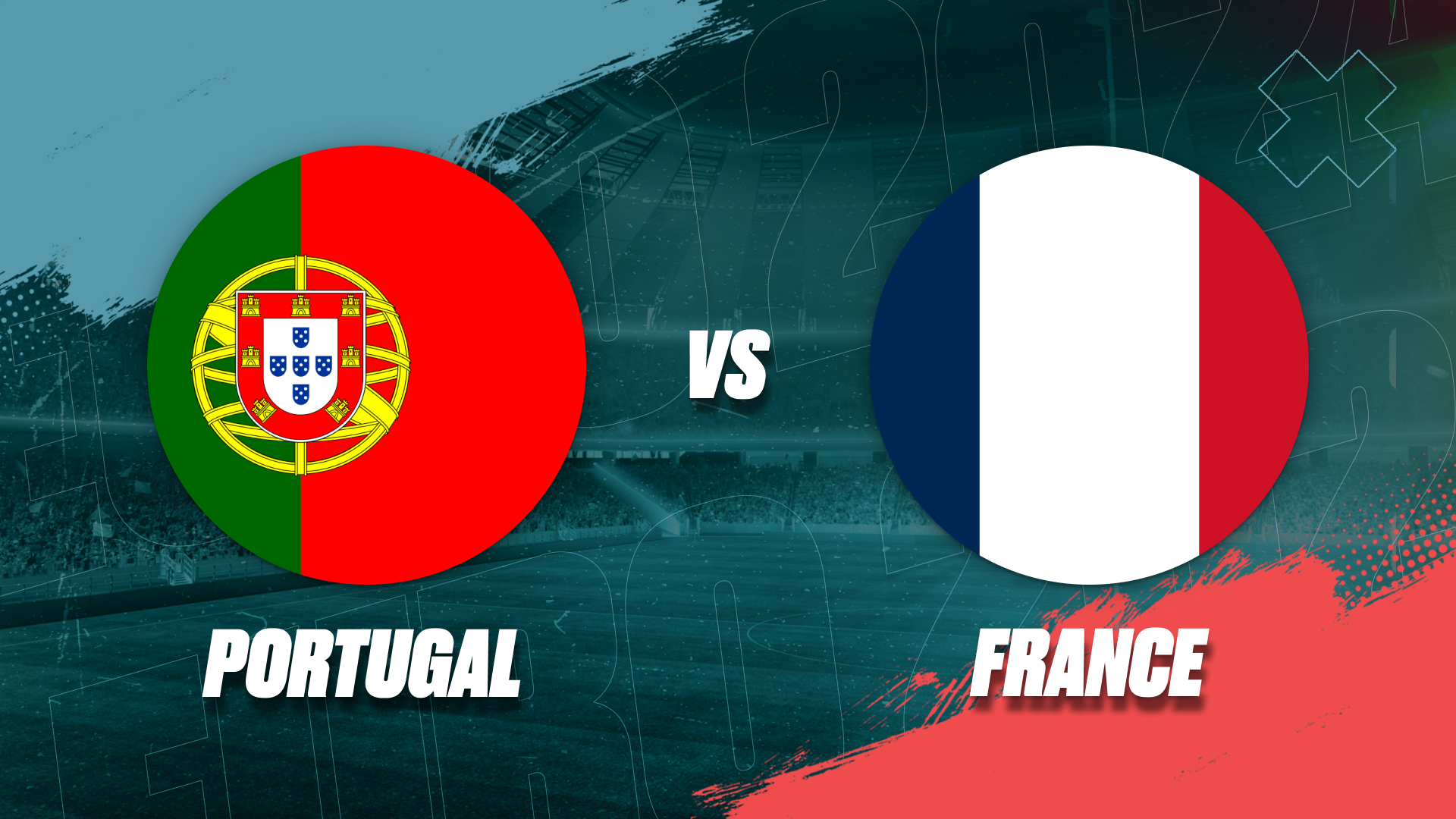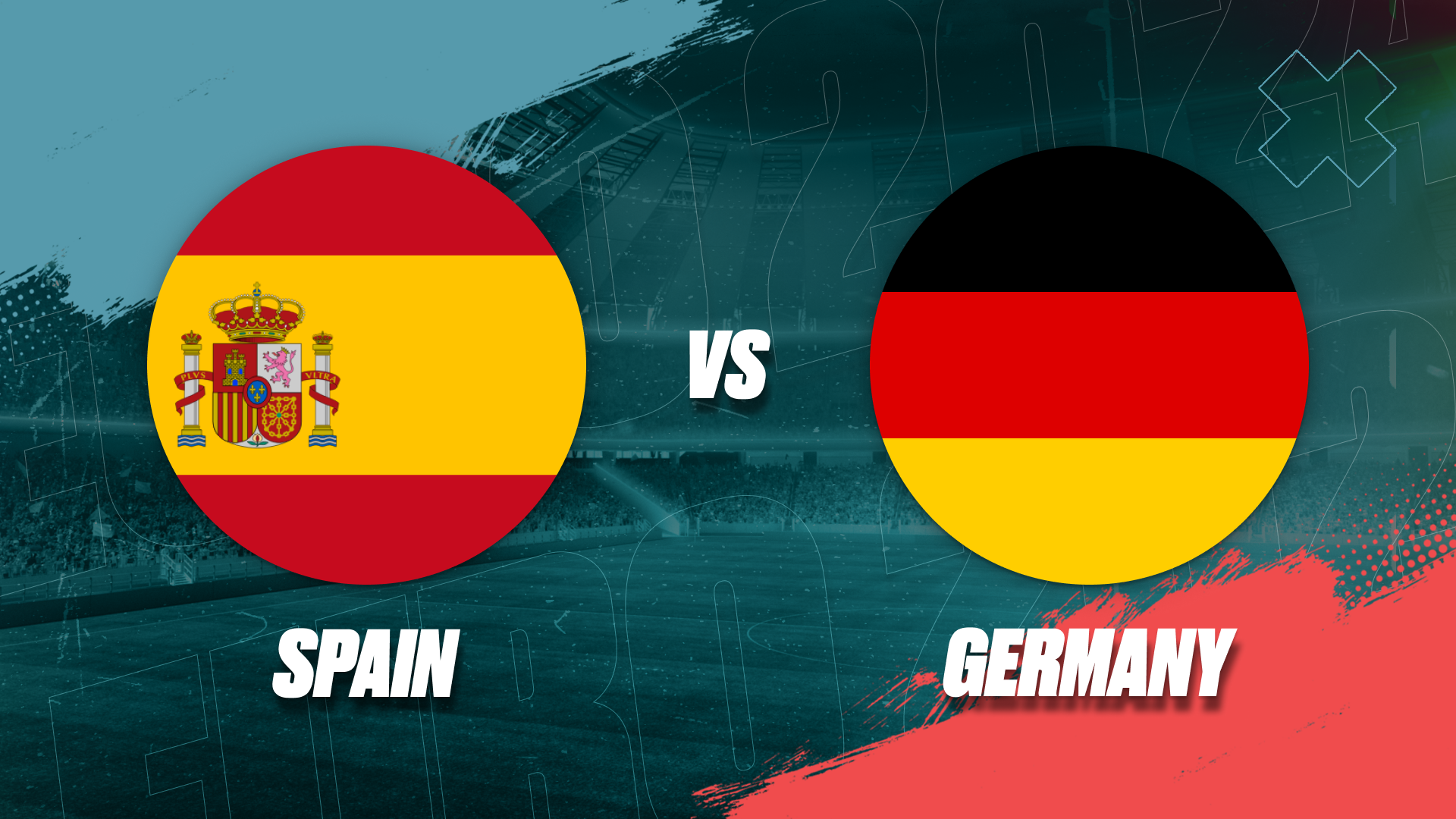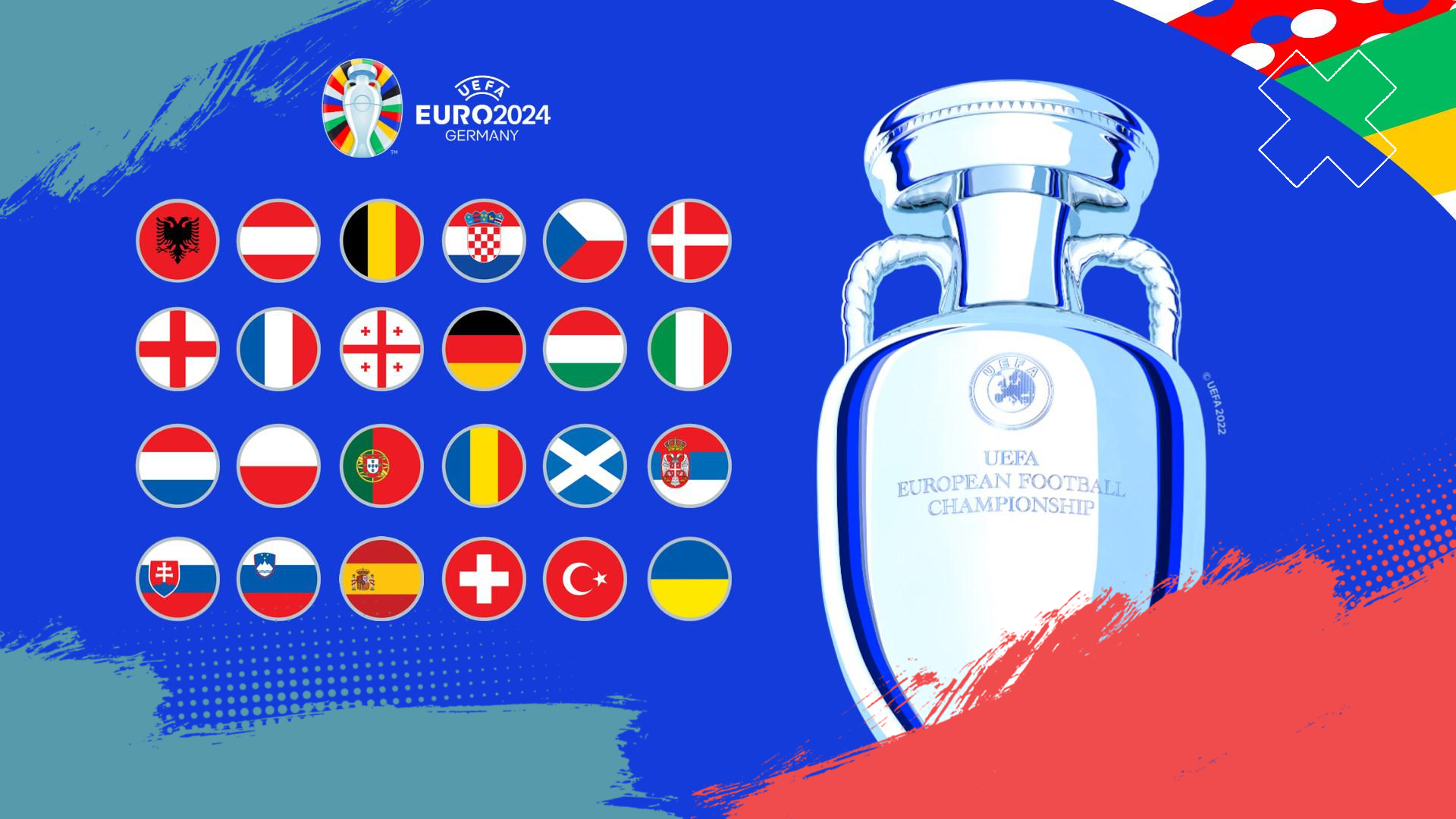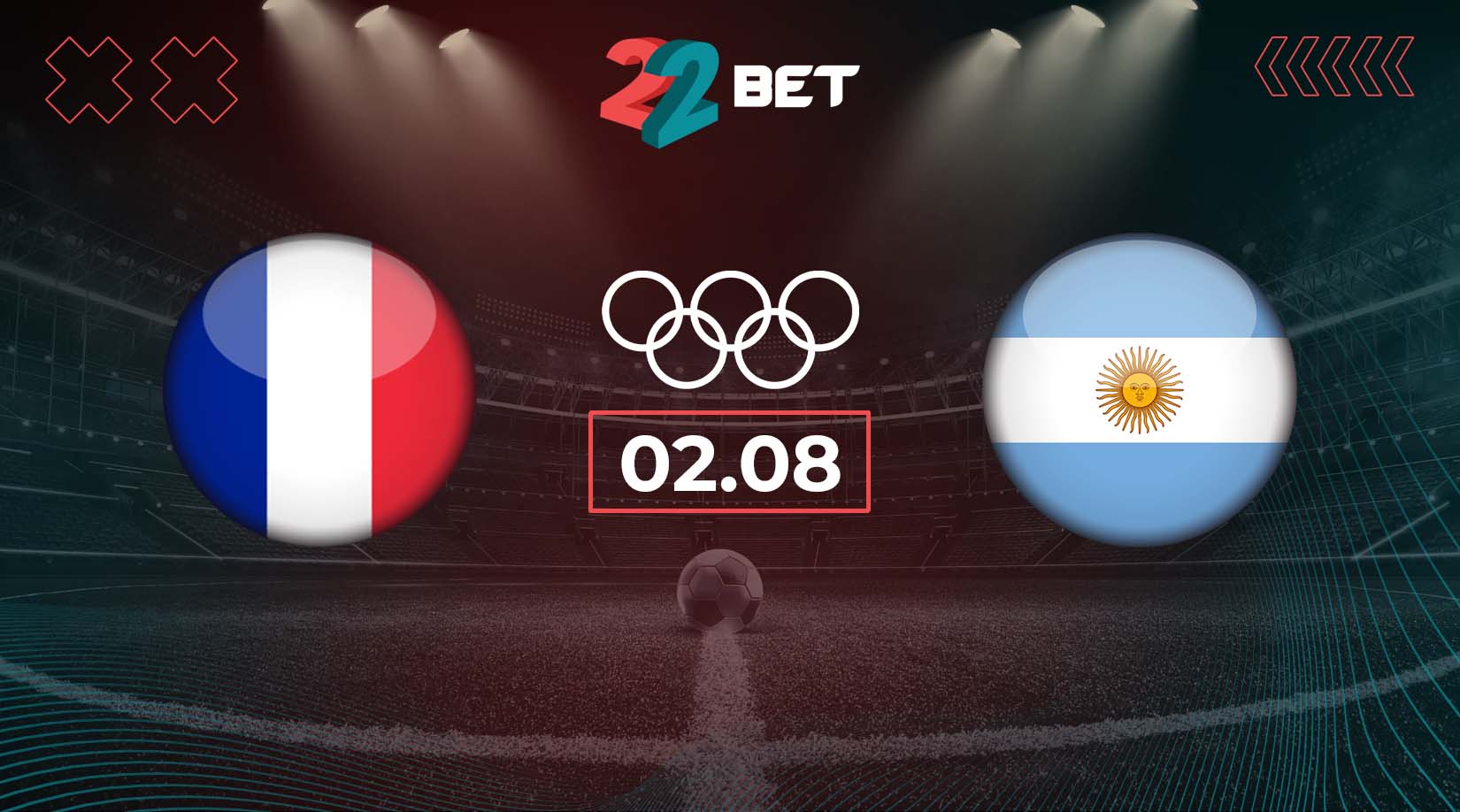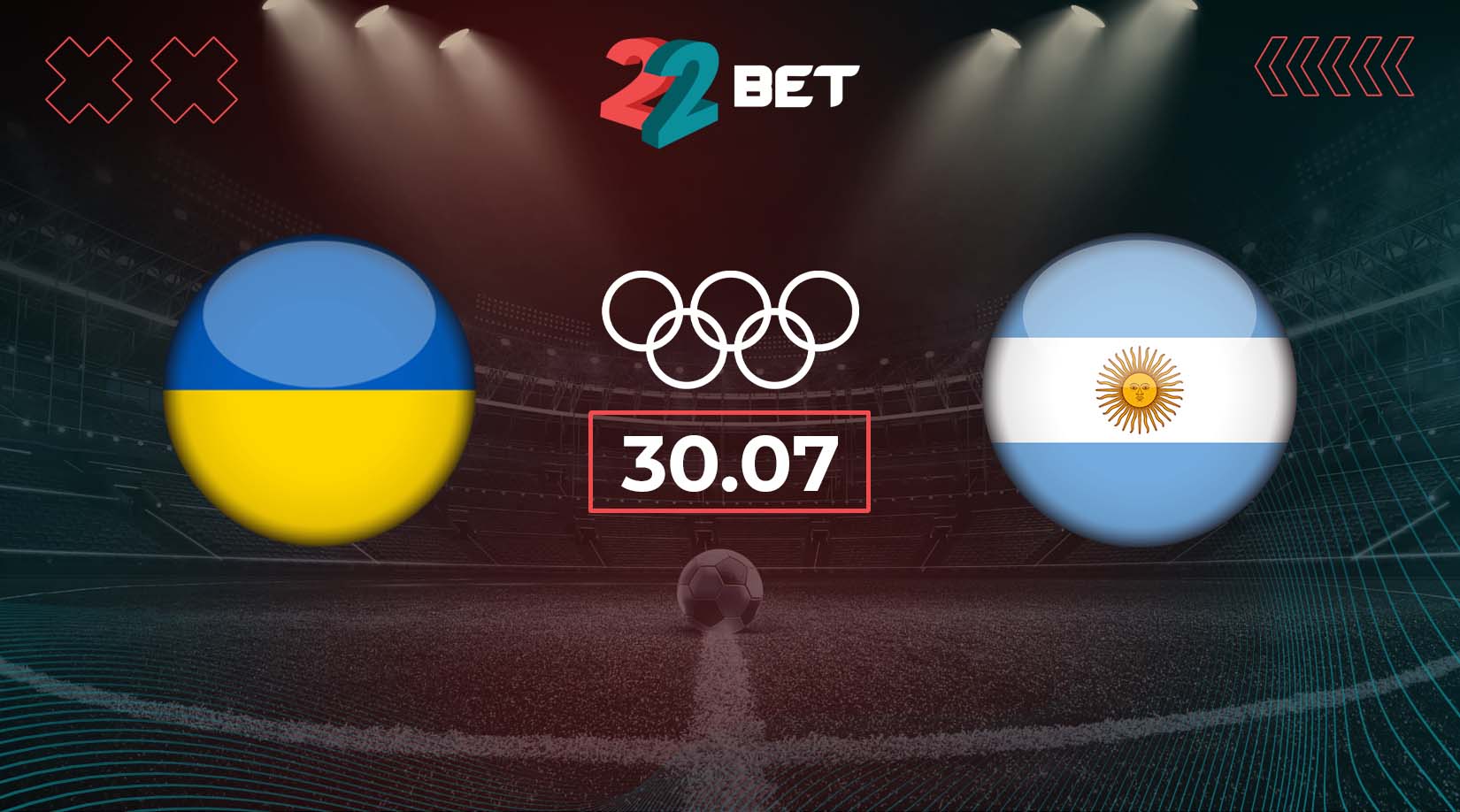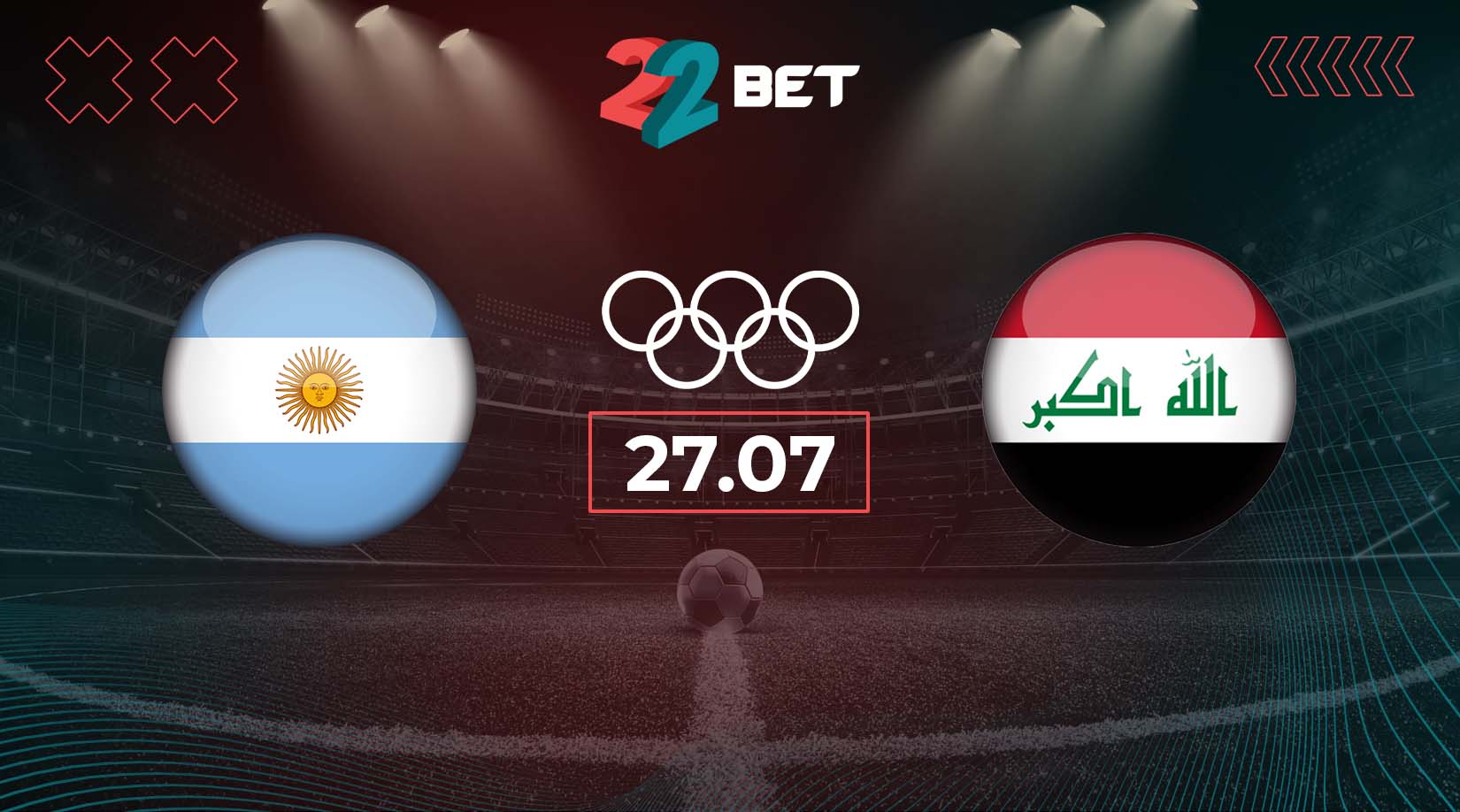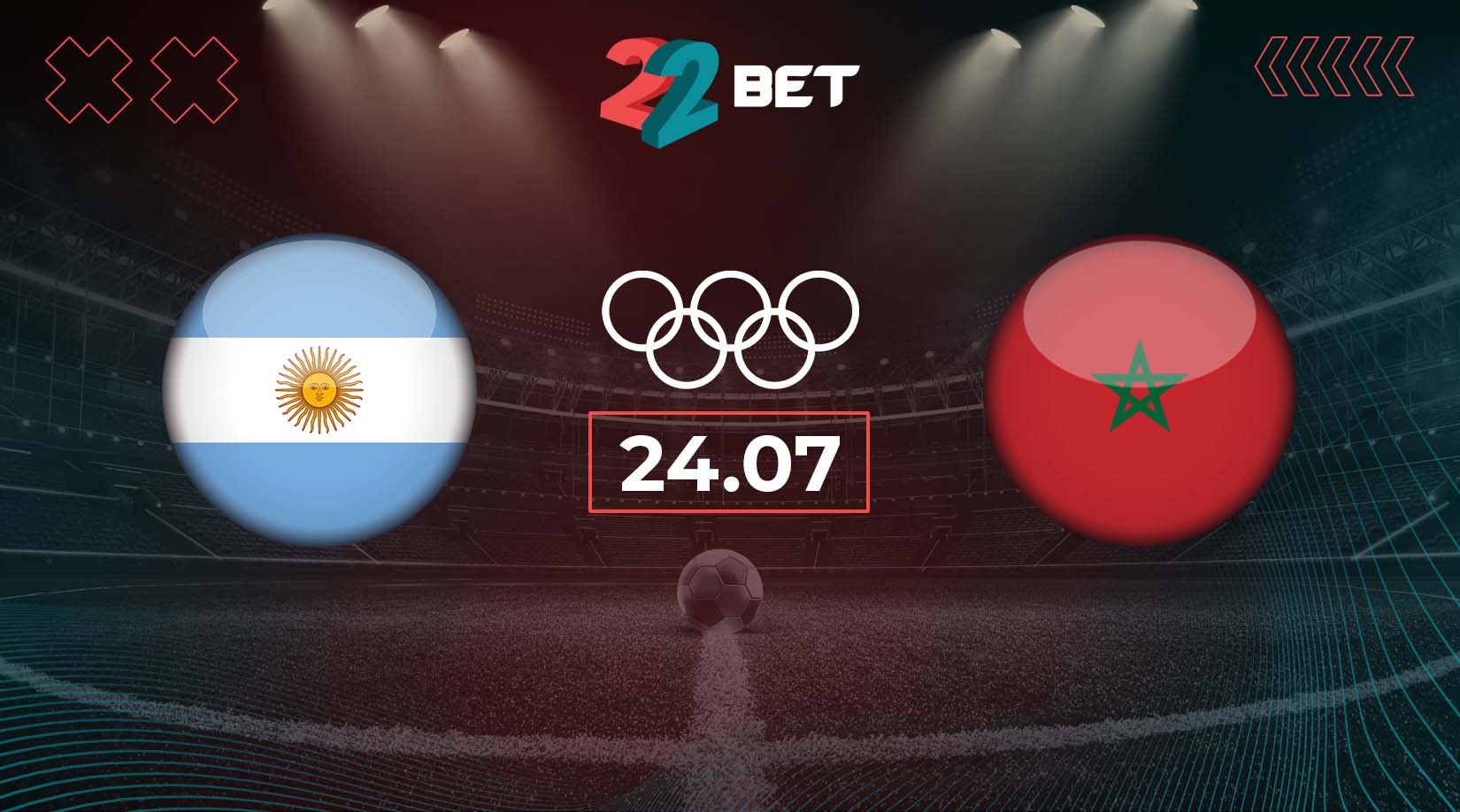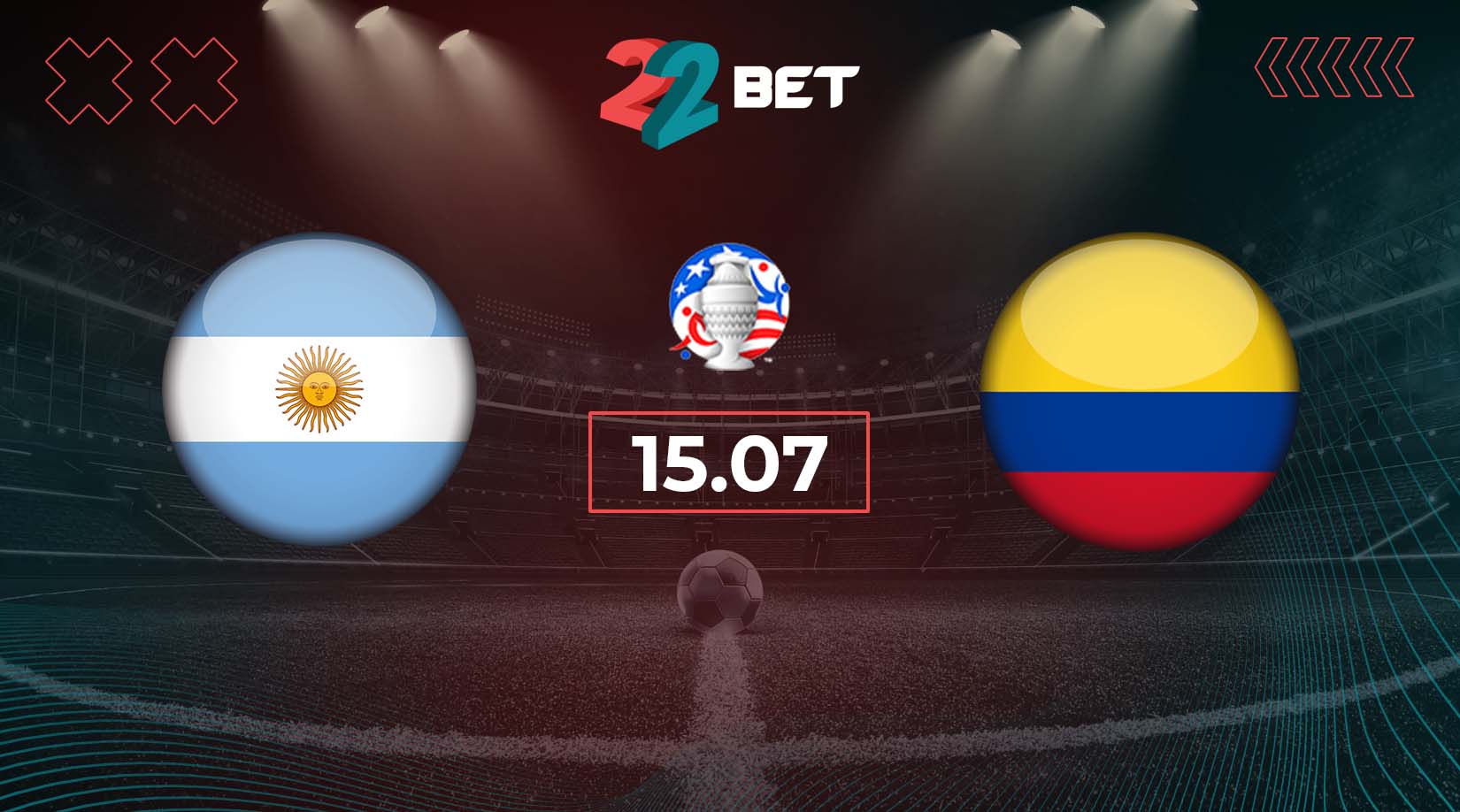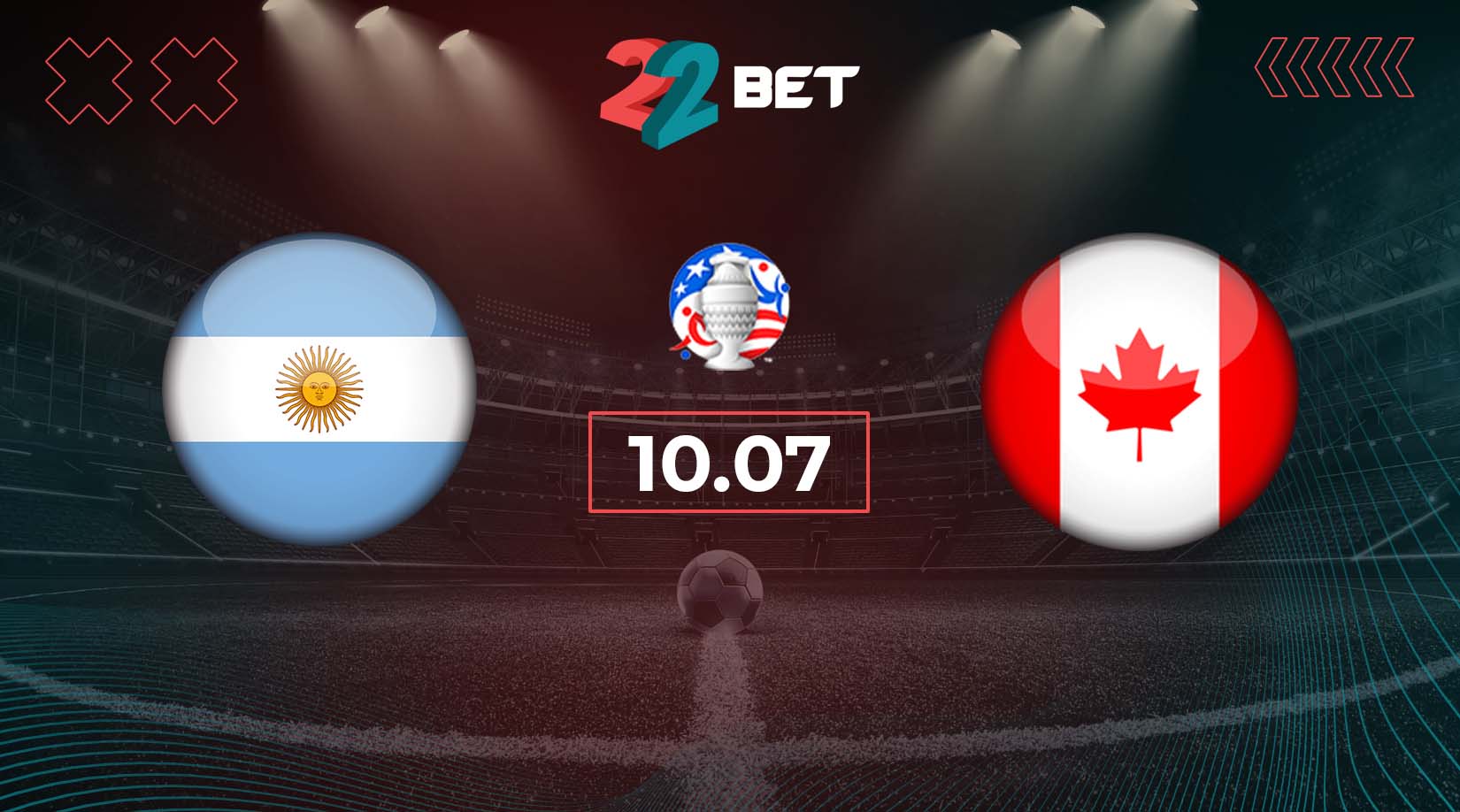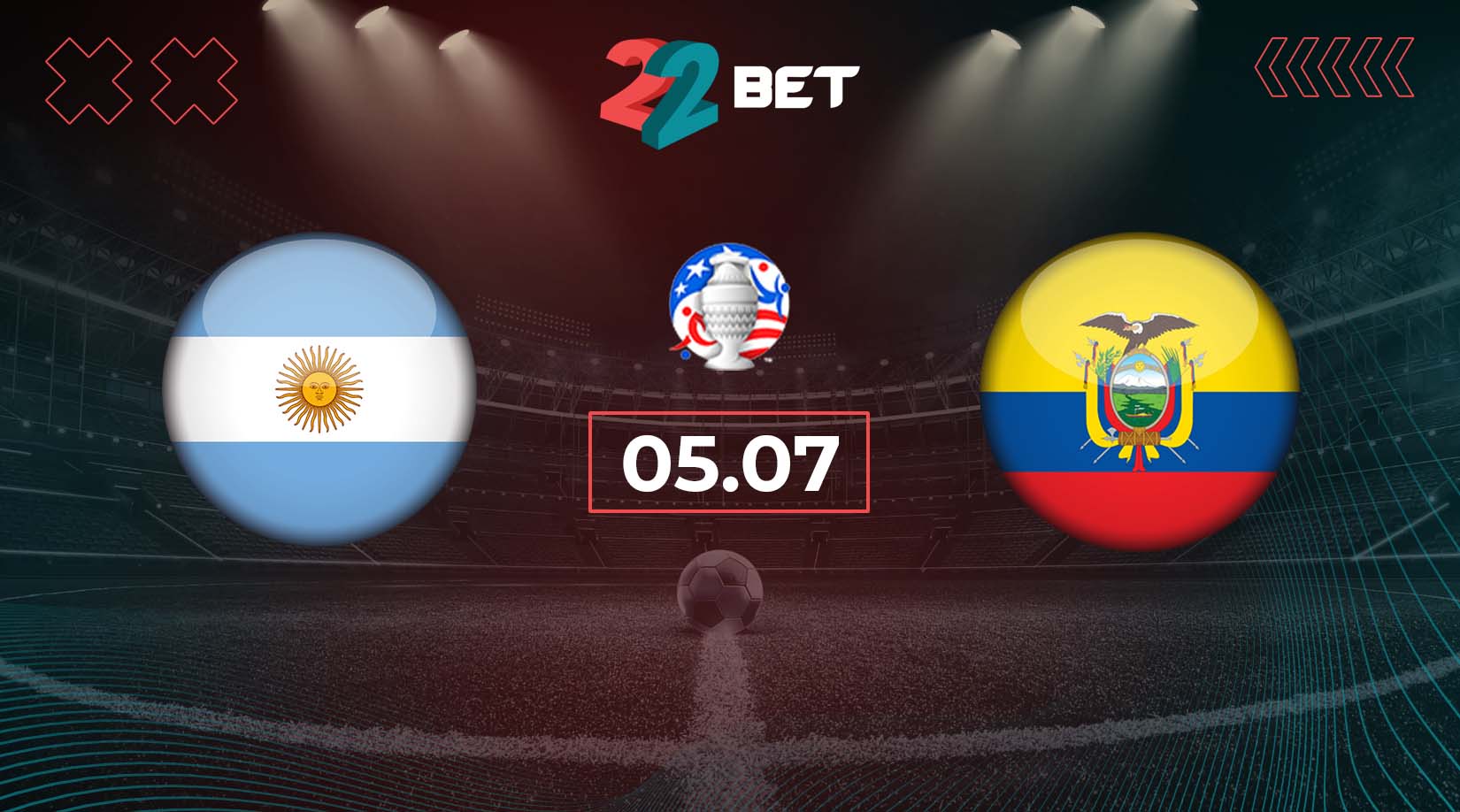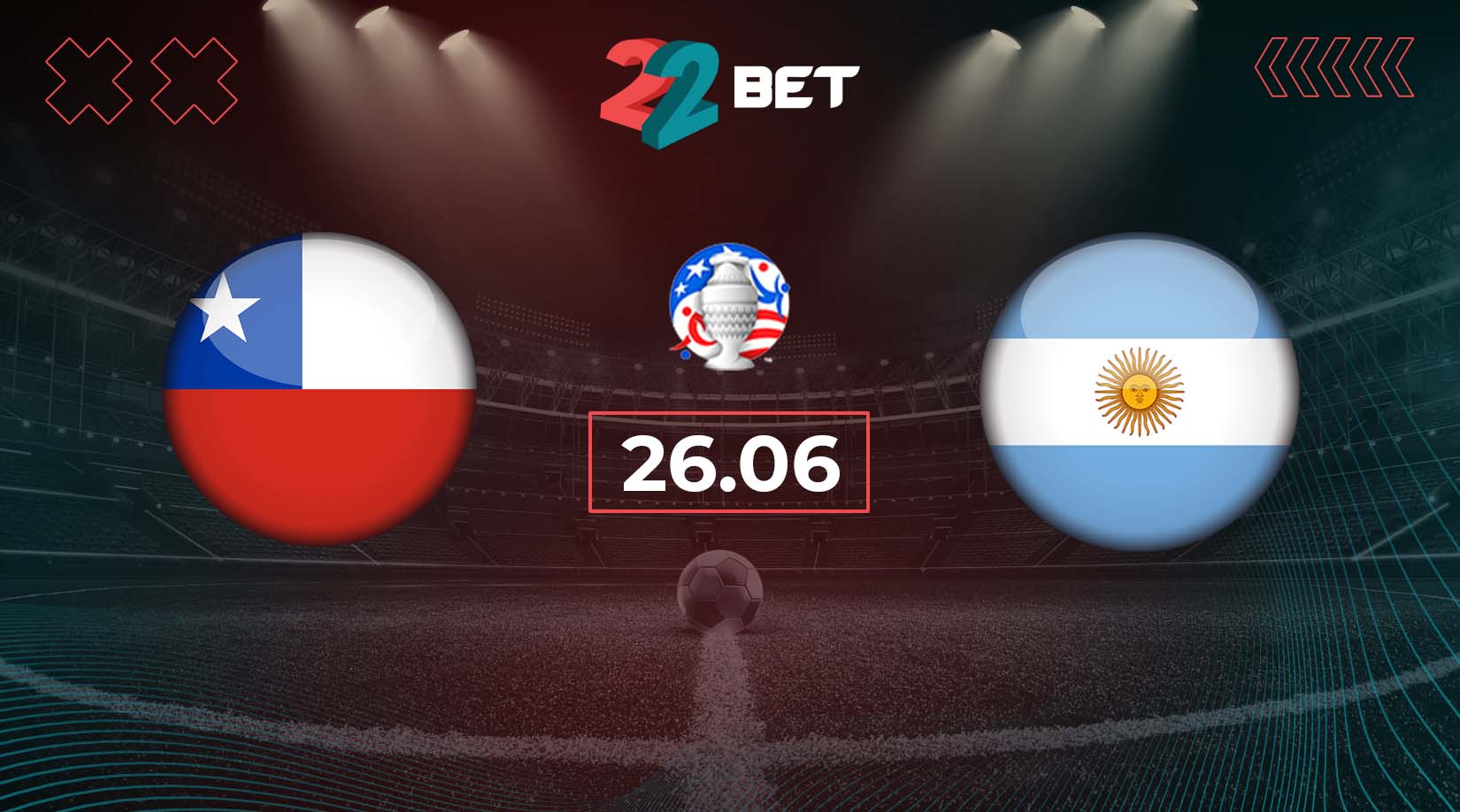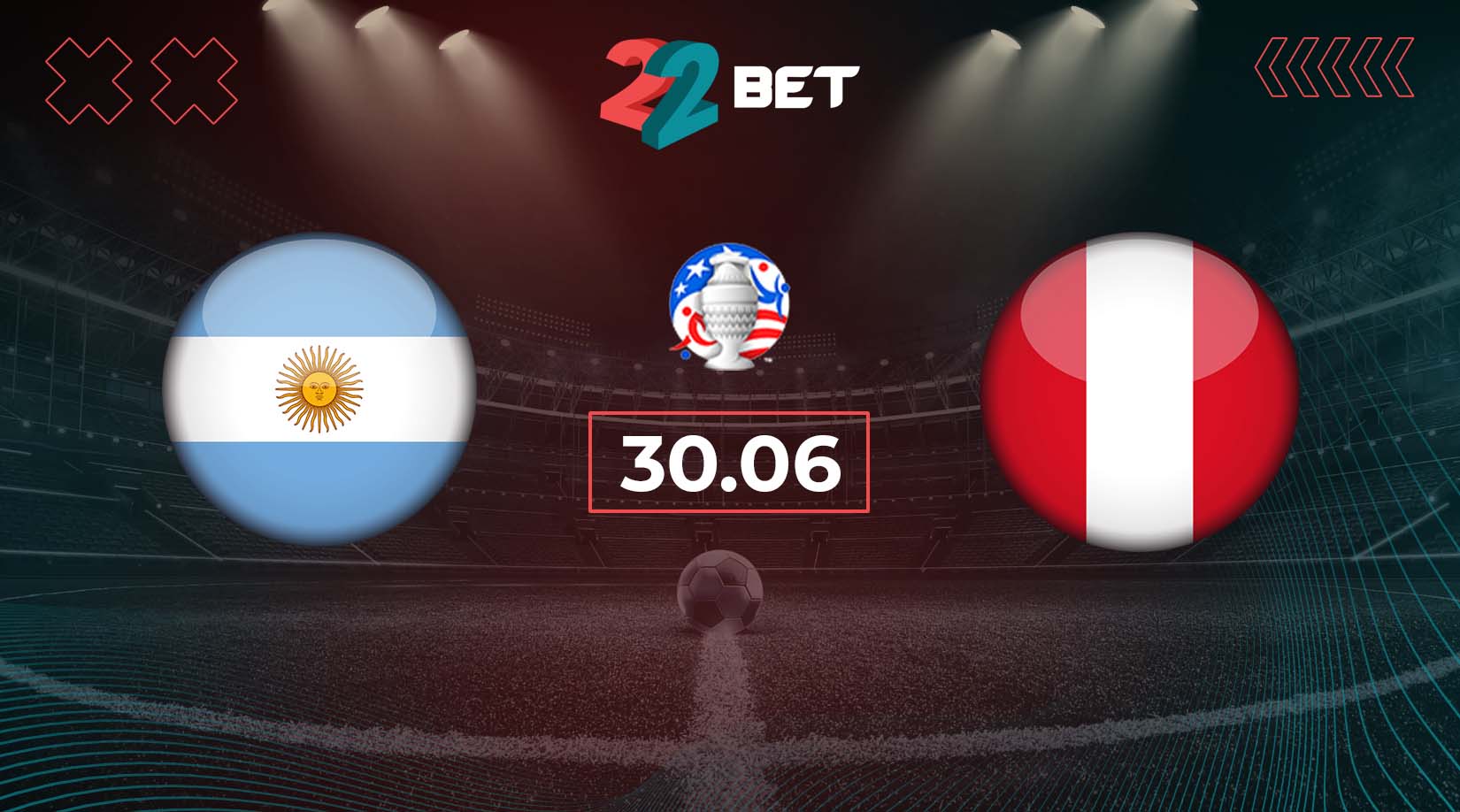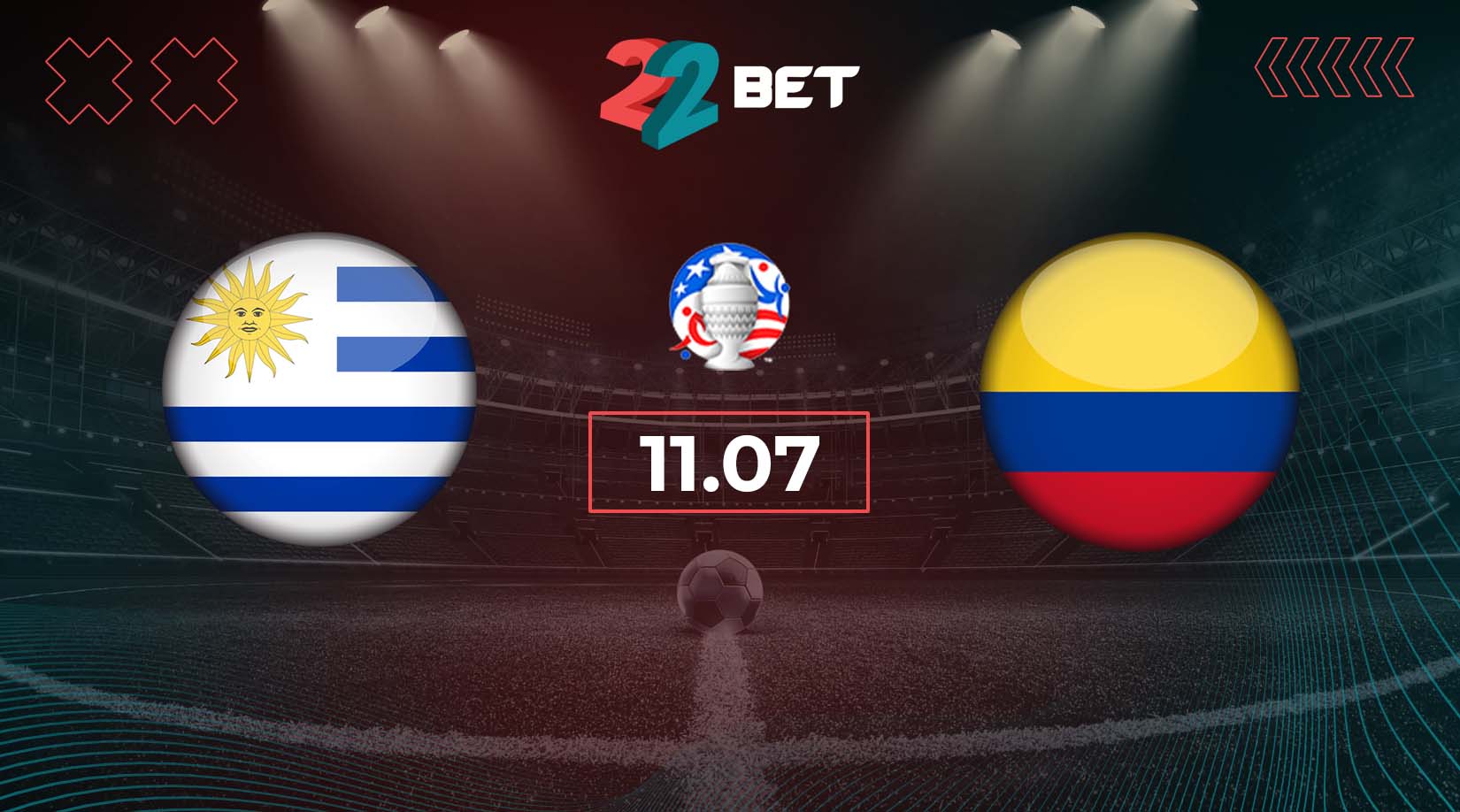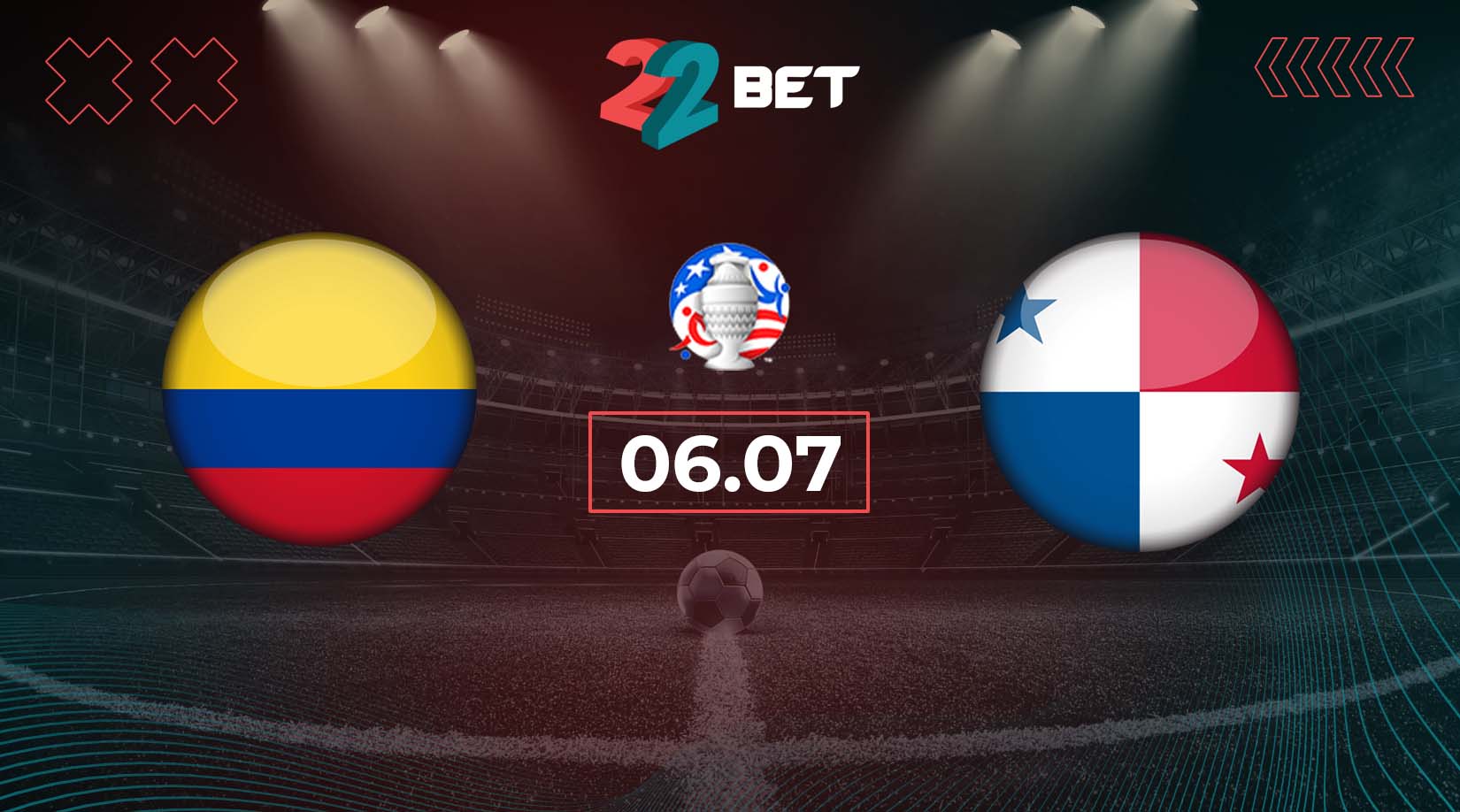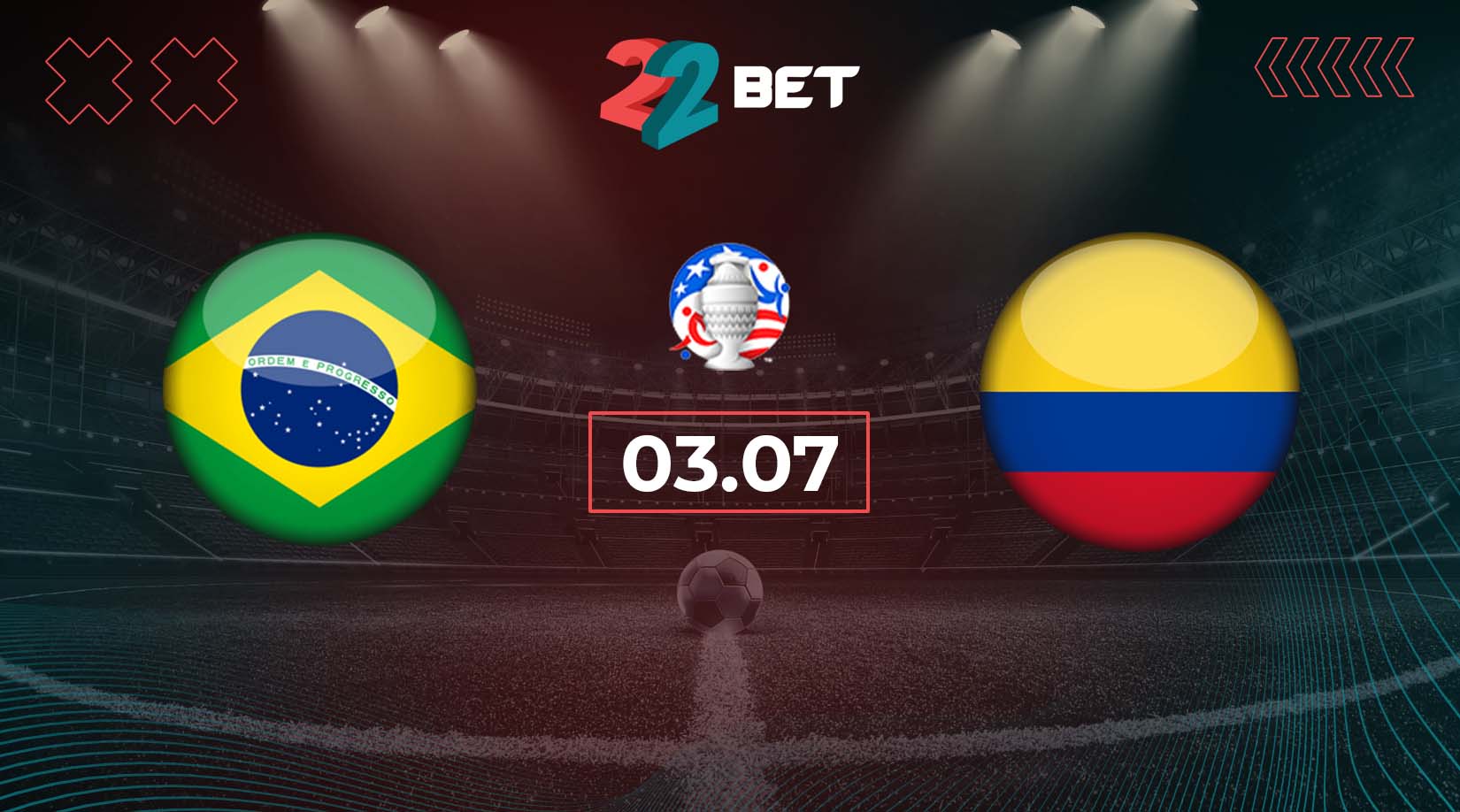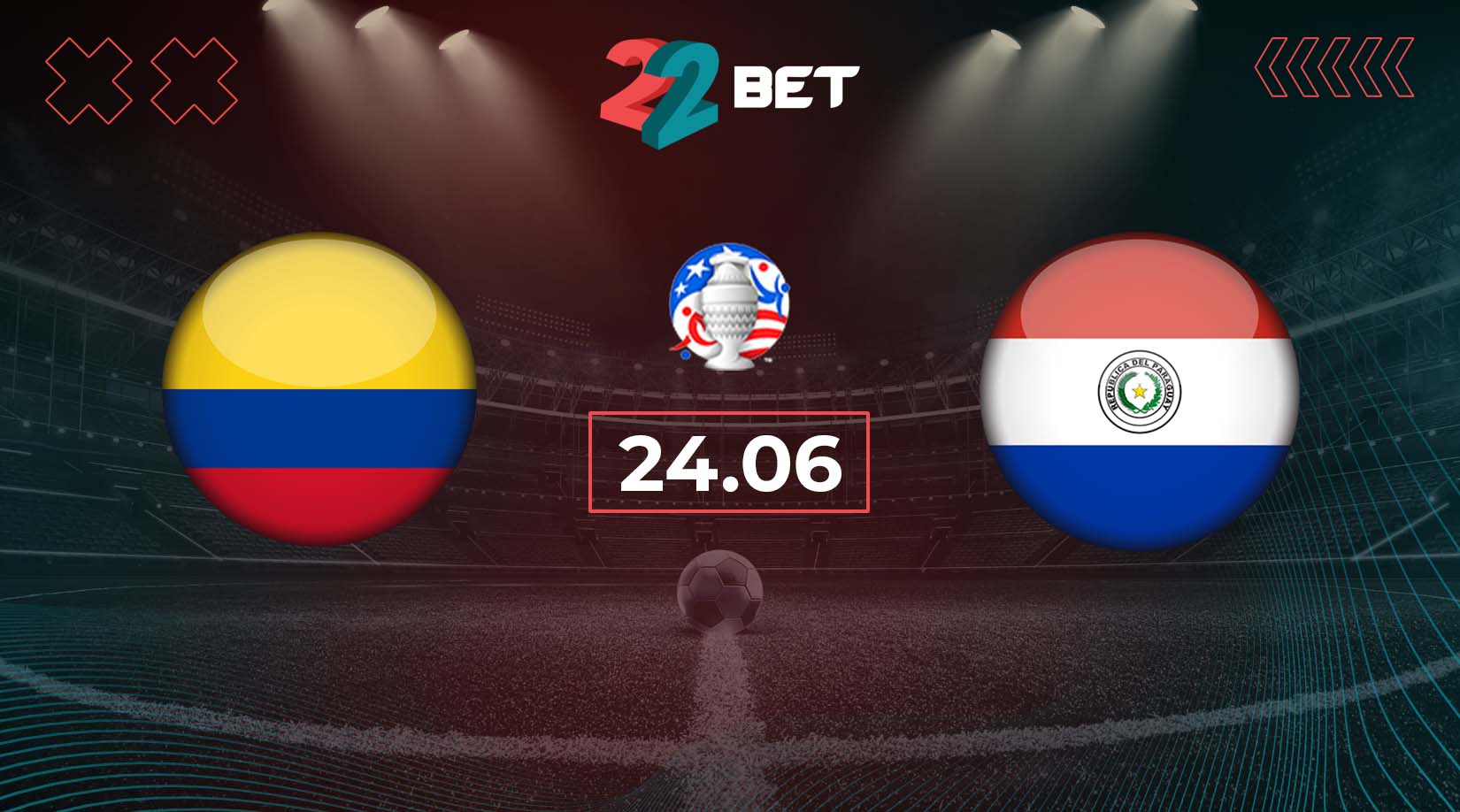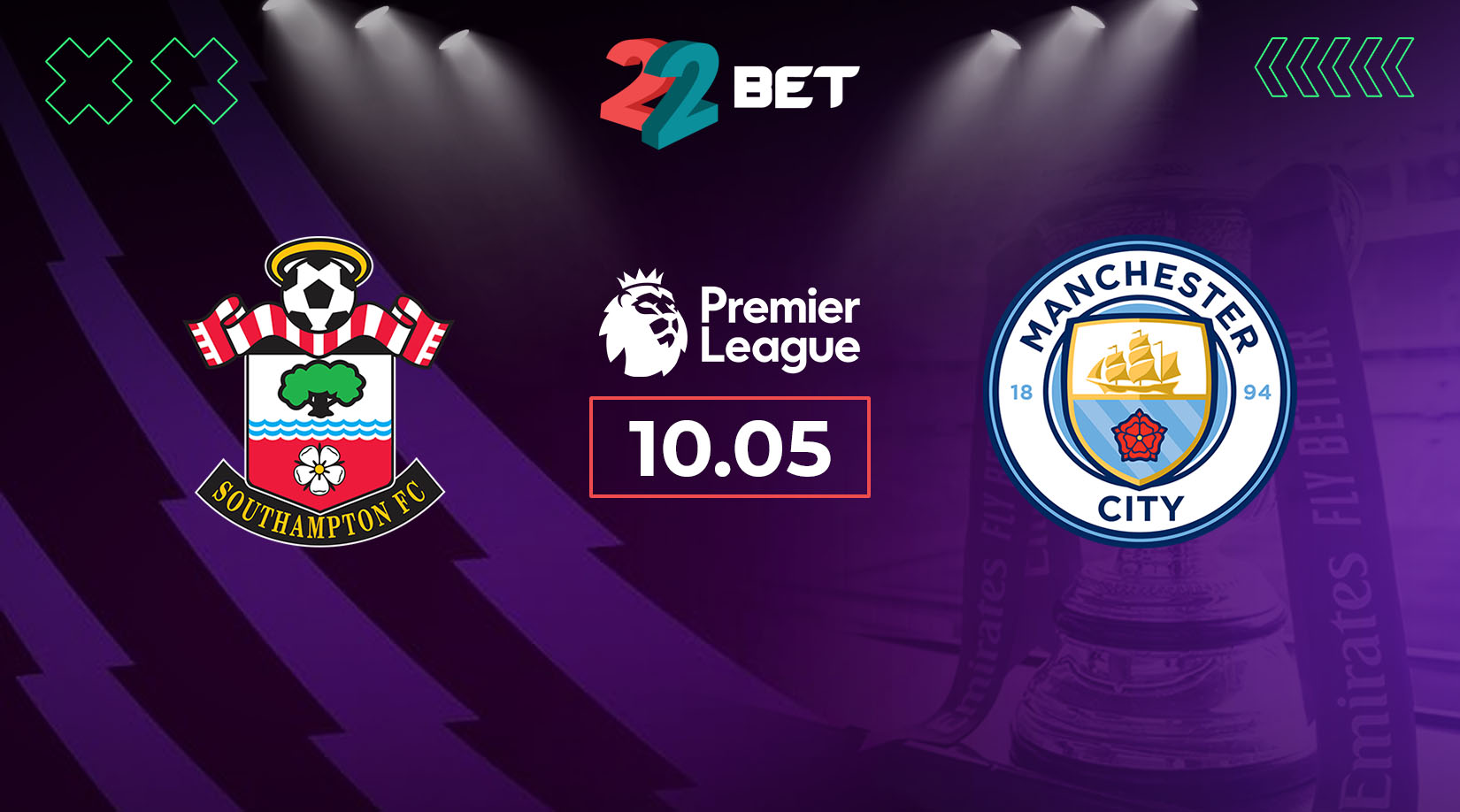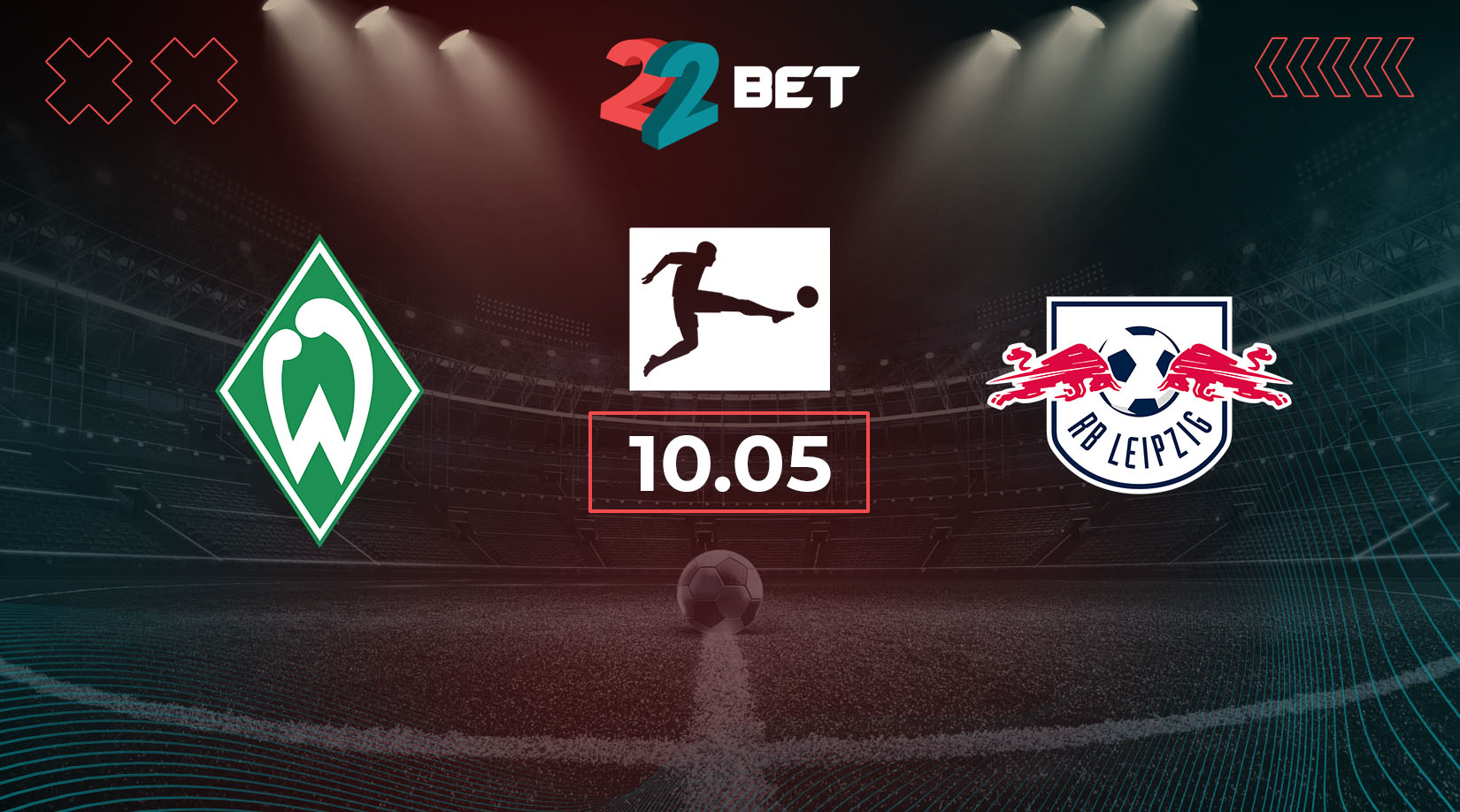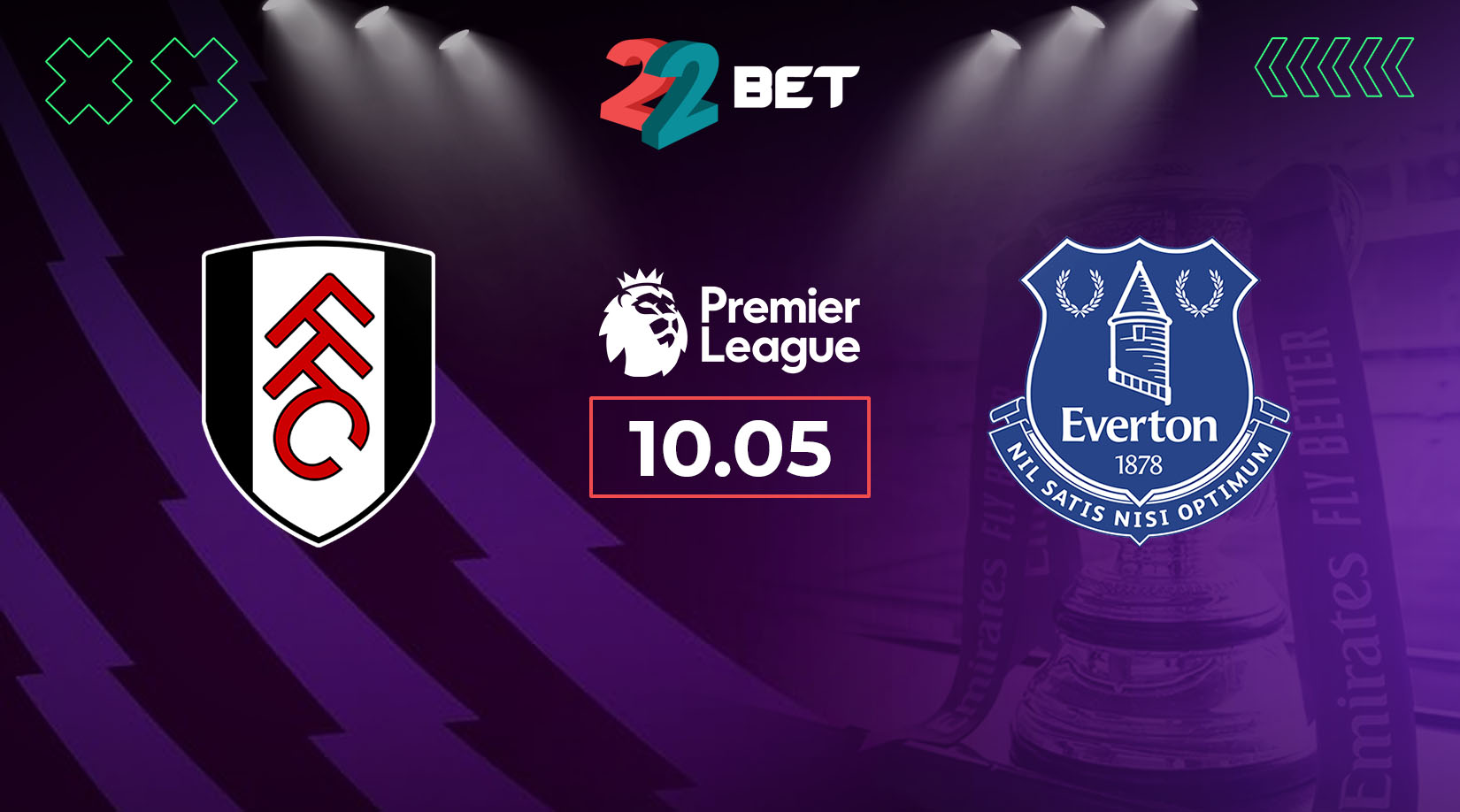The Argentine national team, having suffered defeat in the 2024 World Cup final and consecutive losses in the Copa America finals in 2015 and 2016, finally achieved success by winning the World Cup and the Copa America two times in a row. This remarkable feat can be attributed to various factors, which we will analyze in this article.
🔥¡¡CAMPEONES OTRA VEZ!!🔥
La Copa se queda en casa 🇦🇷 pic.twitter.com/IrlUCApOCr
— 🇦🇷 Selección Argentina ⭐⭐⭐ (@Argentina) July 15, 2024
On the other hand, Colombia extended their impressive streak of 27 games without a defeat in regular time, but ultimately lost to Argentina in overtime, conceding a goal from Lautaro Martínez. We will also discuss the areas where the Colombian team fell short.
From Skepticism to Glory: Argentina’s Rise Under Lionel Scaloni
After Argentina was eliminated by France at the 2018 World Cup (3-4), Jorge Sampaoli retired. After that, the relatively unknown Lionel Scaloni, who had no prior experience as a head coach, was appointed. This decision sparked criticism towards the Argentine football federation, including from Diego Maradona, who opposed the appointment of such an inexperienced coach.
🏆 #CopaAmérica ¿Muy temprano para seguir emocionándonos? pic.twitter.com/obrFDTo0IU
— 🇦🇷 Selección Argentina ⭐⭐⭐ (@Argentina) July 15, 2024
However, under Scaloni’s leadership, Argentina underwent a generational change at Copa America 2019 and developed a core group of players who went on to win the next three tournaments. The new coach overhauled the defensive and midfield line, achieving a balanced and organized style of play in defense.
While Argentina suffered a 0-2 loss to Brazil in the semifinals, their quality of play provided optimism. In 2021, Emiliano Martinez, Cristian Romero, and Giovani Lo Celso joined the main squad, and the team switched to a 4-4-2 formation. Argentina got their revenge on Brazil, defeating them 1-0 in the final, marking the team’s first Copa America victory since 1992 and Lionel Messi’s first trophy with the national team.
No se si decirles buenas noches o buenos días, Albicelestes 👋 pic.twitter.com/aeMzLnRT91
— 🇦🇷 Selección Argentina ⭐⭐⭐ (@Argentina) July 15, 2024
Following their triumph at Copa America 2021, Argentina secured qualification for the 2022 World Cup without a single defeat and remained unbeaten in all friendly matches.
Throughout the tournament, key players such as Alexis Mac Allister, Enzo Fernández, and Julián Álvarez emerged, and Lionel Scaloni managed to develop a balanced team, relying on Lionel Messi’s offensive prowess. All of this culminated in Argentina’s first World Cup victory since 1986.
Key Takeaways: Defense, Individual Play, and a Lifesaver in Goal
Argentina started Copa America 2024 as a strong favorite. They were placed in a favorable group and had an advantageous path to the playoffs, avoiding heavyweights like Brazil, Uruguay, and Colombia, who were absent until the final.
Beso a beso, me enamoré de ti 🩵🤍🩵 pic.twitter.com/mFNrEKigWI
— 🇦🇷 Selección Argentina ⭐⭐⭐ (@Argentina) July 15, 2024
Argentina’s lineup for the tournament was bolstered with Lisandro Martínez, one of the world’s top defenders, replacing the ageing Nicolás Otamendi in central defense.
Despite a lack of scoring opportunities in the group-stage matches, Argentina breezed into the playoffs. However, they faced a significant challenge in the quarterfinals when they struggled to break through Ecuador’s defense. The team failed to create any dangerous moments from open play but triumphed in a penalty shootout, thanks to the outstanding performance of Emiliano Martínez.
Argentina’s recent success can be largely attributed to the exceptional performances of Emiliano Martínez. His heroics in penalty shootouts and crucial saves have repeatedly rescued the team when their defense faltered.
¡Buen día, bicampeones de América! pic.twitter.com/Zr8UdpIiYY
— 🇦🇷 Selección Argentina ⭐⭐⭐ (@Argentina) July 15, 2024
The match against Ecuador highlighted Argentina’s weakness in attacking organized opponents. This is partly because Lionel Messi, who usually provides creativity, created very little in that game. Argentina heavily relies on Messi’s dribbling, shooting, and especially his passes to penetrate the opposition’s defense.
In the semifinals, Argentina easily defeated a clearly inferior Canada. However, in the final, Scaloni’s team faced a very organized opponent in Colombia.
Argentina defended well and only allowed two or three chances near their own goal at the beginning of the game.
Siempre, siempre, siempre, quedate con quien te mire como el 🔟 a la 🏆 pic.twitter.com/o3kahkvxgq
— 🇦🇷 Selección Argentina ⭐⭐⭐ (@Argentina) July 15, 2024
The Argentines created a minimal number of chances during the game, and in addition, they lost Messi due to an injury in the middle of the second half. In the second half overtime, a goal by Lautaro Martínez brought the team victory in an evenly matched game, which logically should have ended in a penalty shootout.
The final winning game against Colombia highlighted key characteristics in Argentina’s recent playing style.
Firstly, Lionel Scaloni organized the team well defensively, forming a competent lineup with versatile players who easily adapt to different strategies.
Secondly, Argentina’s main source of opportunities is Lionel Messi’s individual play and flank attacks with dangerous crosses and cut-backs. Additionally, Lautaro Martínez was excellent in attack, scoring five goals at Copa America 2024.
Goleador por donde lo mires 📸 pic.twitter.com/XSRZ3MHjSy
— 🇦🇷 Selección Argentina ⭐⭐⭐ (@Argentina) July 15, 2024
Finally, when Argentina can’t break down the opponents’ defense or makes defensive errors, goalkeeper Emiliano Martínez is always ready to save his teammates.
Aggressive Tactics & James Rodriguez Shine, But Colombia Falls Short
Colombia reached the final of Copa America 2024, only to face disappointment in the decisive match. Throughout the tournament, Colombia conceded just three goals in six matches while scoring 12 goals in an impressive display of attacking football.
In the final against Argentina, Nestor Lorenzo’s team employed a risky medium-high block in a 4-3-1-2 formation featuring a very high defensive line. This tactic effectively limited Argentina’s ability to create chances through the center of the field and progress their attacks with low passes. Colombia’s aggressive play helped them compensate for the difference in class with their opponents.
¡𝐒𝐈𝐌𝐏𝐋𝐄𝐌𝐄𝐍𝐓𝐄 𝐆𝐑𝐀𝐂𝐈𝐀𝐒! 💛💛💙❤️#TodosSomosColombia🇨🇴 pic.twitter.com/F92ze6JJxg
— Selección Colombia (@FCFSeleccionCol) July 15, 2024
James Rodríguez played a key role in creating dangerous chances for his teammates through quick defense-to-attack transitions.
But despite their efforts, the Colombian team was unable to score against Argentina, largely due to the solid play of the Argentine central defenders.
Moreover, Colombia’s risky defensive strategy, with only seven players during defensive phases, allowed Argentina to exploit space on the flanks and manipulate their opponents.
🏆 #CopaAmérica #OtraVezJuntos haciendo historia… pic.twitter.com/GE2yENs6t7
— 🇦🇷 Selección Argentina ⭐⭐⭐ (@Argentina) July 15, 2024
In the 112th minute, a defensive mix-up among the Colombian players left too much space for Lautaro Martínez, who scored the decisive goal of the match for Argentina.
James excelled at Copa America, But Will European Clubs Bite?
Despite Colombia’s loss in the final, James Rodríguez was the best player of the tournament. While Lionel Messi didn’t quite reach his usual stellar standards, James set a record with six assists at the Copa America.
Thanks to Nestor Lorenzo’s 4-3-1-2 formation, Rodríguez showed his full potential as a “classic ten” playmaker, capable of playing in a free role all over the pitch. He played with positional freedom, focusing primarily on offensive creation rather than defensive duties.
𝐉𝐚𝐦𝐞𝐬 𝐑𝐨𝐝𝐫𝐢́𝐠𝐮𝐞𝐳 𝐞𝐬 𝐞𝐥𝐞𝐠𝐢𝐝𝐨 𝐜𝐨𝐦𝐨 𝐞𝐥 𝐌𝐞𝐣𝐨𝐫 𝐉𝐮𝐠𝐚𝐝𝐨𝐫 𝐝𝐞 𝐥𝐚 𝐂𝐎𝐍𝐌𝐄𝐁𝐎𝐋 𝐂𝐨𝐩𝐚 𝐀𝐦𝐞́𝐫𝐢𝐜𝐚 𝐔𝐒𝐀 𝟐𝟎𝟐𝟒👏
🔗https://t.co/mYzTbG6waH#TodosSomosColombia🇨🇴 pic.twitter.com/Ta129tu0be
— Selección Colombia (@FCFSeleccionCol) July 15, 2024
This style provided Colombia with numerous assists and passes. Still, it raises questions about whether Europe’s top clubs will be interested in a playmaker who requires so much positional freedom and does not contribute much to defense.
Scaloni’s Challenge: Building an Offense Beyond Messi
The possibility of Lionel Messi playing in the 2026 World Cup is increasingly likely. However, it’s uncertain whether Messi, at 39 years old, will still be a key player for the Argentine national team, given his recent injury history.
⚽ @Argentina 🇦🇷 1 (Lautaro Martínez) 🆚 #Colombia 🇨🇴 0
👉 ¡Final del partido! pic.twitter.com/TePh2CiSzk
— 🇦🇷 Selección Argentina ⭐⭐⭐ (@Argentina) July 15, 2024
It’s intriguing to see how Lionel Scaloni will get Argentina ready for the upcoming tournament. In the past 3-4 years, his team hasn’t demonstrated strong attacking strategies or combinations. As I’ve mentioned before, a significant portion of their offense depended on Lionel Messi’s brilliance.
The focus now is on building a cohesive unit capable of succeeding in tournaments, with or without Messi’s direct influence.





